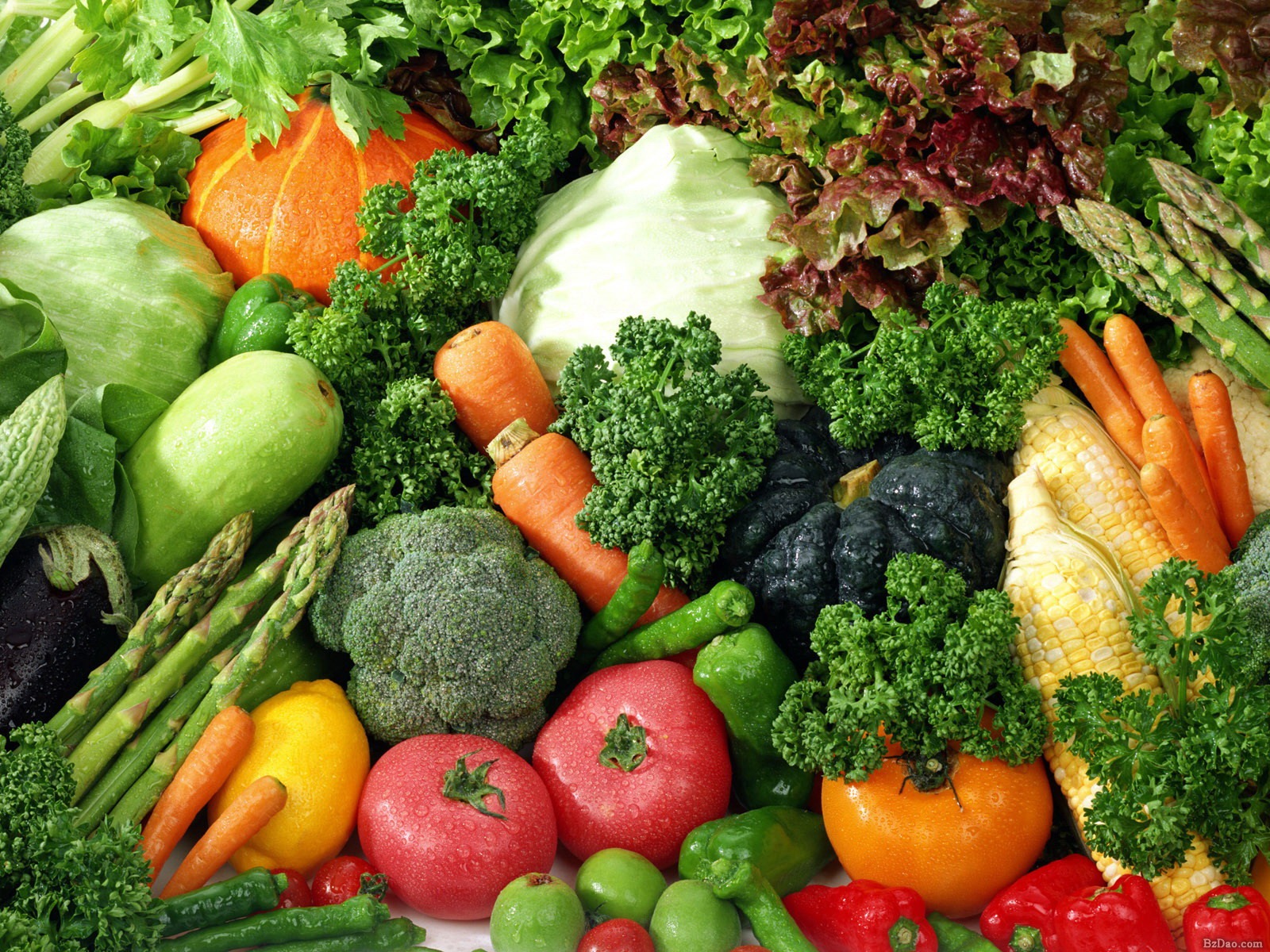One of my favorite things of all time is taxonomy. I find it comforting to sort an existence so naturally spectral into easily distinguishable, dichotomous groups. Recognizing the humanly constructed patterns between seemingly discordant aspects of reality is a hobby that my unbiased homo sapien brain finds quite impressive.
The area where taxonomy is probably used the most in is biology. Y’know, Kingdom Phylum Class Order Family Genus Species — Kings Play Chess on Fuzzy Green Stools, or whatever mnemonic device you learned in biology class. We use these terms to divide up life. Mammals and Amphibians, Felines and Canines, Lichen and Fungi, Fruits and Vegetables.
Hold on… What was the last bit?
Fruits and Vegetables.
The above statement is a lie. Vegetables are not real.
Yes, of course peppers and onions and spinach and tomatoes all still exist. But not in a taxonomic sense. Within biology, there is no actual definition of a vegetable. This may not be a surprise for the more pedantic among you. Those of you whose favorite activity between the ages of 6 and 10 was correcting people with “actually, tomatoes are a fruit, not a vegetable” definitely knew. But like many things that fascinated us as small children, the actual conspiracy of the concept runs much deeper.
For example, tomatoes aren’t actually just fruit in a scientific sense – they’re actually berries. The botanical definition of a berry is basically a fleshy fruit without a pit produced from a flower. So not only are tomatoes berries, but so are bananas, kiwis, eggplants, and cucumbers.
Pumpkins are berries.
Meanwhile, raspberries and strawberries are not botanically classified as berries. This is once again an area of culinary and botanical dissonance. We are all implicitly used to referring to any sort of small fruit as a berry, regardless of whether or not it matches that description. And it’s not just berries. Billions of people unwittingly misuse systems of categorization on a daily basis due to centuries of brainwashing.
I think this is a tragedy.
One of the few sources of comfort in this brutal and chaotic world we live in is accurate taxonomic classification, and it’s been taken away from us. If the language we use to describe the world is inaccurate, how can we be sure that our perception of reality is not unbiased and clear? If I went a decade of my life thinking a strawberry was a berry, what other fundamental mistruths about the universe could I be holding?
If vegetables aren’t real, how can I be sure I am?
Before we fall too far down that philosophical rabbit hole, I want to pull us back by asking the question of why these culinary definitions of vegetables and berries exist. Definitions don’t just pop out of nowhere – there must be someone who has something to gain from their existence.
At this point you may be protesting: “Quinten! Are you seriously suggesting that there is a conspiracy regarding the taxonomy of vegetables? You can’t be serious.” Of course I’m serious. The taxonomy of vegetables is no laughing matter, and I am personally offended that you could question my journalistic integrity. Jeez.
So the answer to my question of who has something to gain is quite simple: vegetable produce companies. Why would they do it? Marketing. It’s much easier to just say fruit and vegetables, with fruit referring to sweet plant parts and vegetables referring to savory ones. That way, you don’t have to include berries and stalks and leaves and tubers and nuts and flowers. So Big Vegetable has intentionally perpetuated the usage of “vegetable” as a categorization tool in order to simplify a broad and complex diaspora of plant based foods into one single homogenous group. They have killed science in the name of increased quarterly profits.
So why does this all matter? Isn’t it harmless? It’s just another form of sort of using arbitrary traits to create a broader category to conveniently contain necessary elements.
It matters because it fundamentally simplifies a complex and nuanced piece of reality into a mischaracterization of scientific principles leveraged for fiscal gain.
Artificial Intelligence is a category that’s gained much more usage in recent years. But it hasn’t gained more usage because humans have actually invented Artificial Intelligence – it has because the label of AI has been co-opted by dystopian tech companies.
Just like vegetables, Artificial Intelligence is the product of fusing a variety of different concepts together into one category that’s actually a disingenuous description of its nature. Artificial Intelligence in science actually describes a literally intelligent machine able to learn and change itself in a self-aware manner. The versions of AI used in marketing are actually just sophisticated learning networks usually focused in language prediction or image generation. They are no more intelligent than the predictive text feature on your phone. Yet, we call them AI.
Yet again, our perception of reality and usage of language to describe it has been manipulated by corporations to better suit their fiscal aims. This is not some harmless linguistic shift, it is an intentional ploy to create the next techbro buzzword to convince people of their own inadequacy and need for technology to fill that vacancy. We’ve seen how the complexities of reality can be simplified down into singular groups for the convenience of capitalism in the usage of vegetables. I implore you to resist this change.
Language is inexorably tied to humanity’s understanding of reality. And if we give the power to change our language to profit-driven mega corporations, the reality we’ll perceive is not one I want to understand.
Science and empiricism die as soon as nuance dies. Yes, it’s more convenient to slot things into simple homogeneous categories, but there is a reason why every species of living thing has six other categories it belongs to. All the intricacies of taxonomy are sometimes trivial and pedantic, but I believe it’s a much preferable alternative to a world simplified into meaningless categories devoid of subtlety or depth.
Strawberries are aggregate accessory fruits, by the way.

